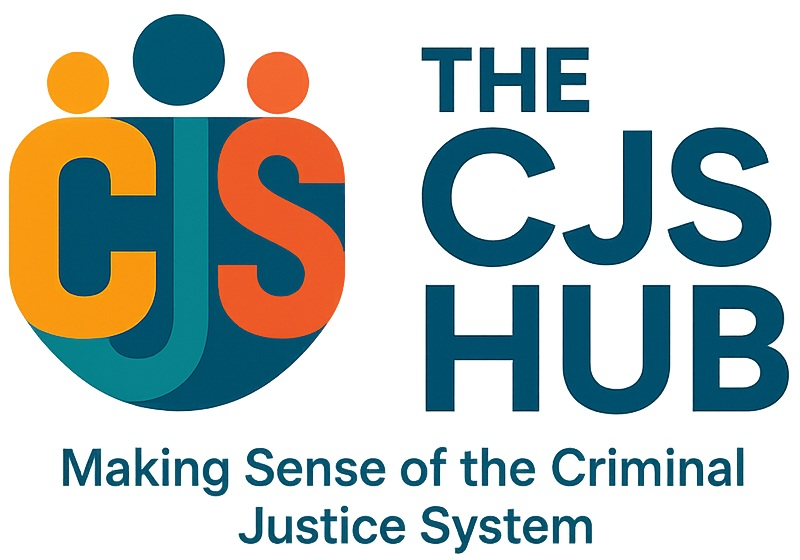When someone you care about is arrested — or if it happens to you — the shock can hit hard. Suddenly, you’re faced with police involvement, unanswered questions, and a process that feels impossible to navigate. It’s frightening, but it helps to understand what’s happening and what steps come next. This stage can feel chaotic, yet the right information and support can make a huge difference.
Why Arrests Happen
In England and Wales, the police can arrest someone if they believe they have reasonable grounds to suspect involvement in a crime. That doesn’t mean they’ve got strong evidence or that guilt has been proven. In many cases, arrest is used simply to allow the police to control the situation, secure evidence, and carry out interviews under caution.
It’s important to remember this: being arrested does not mean you’re guilty. Plenty of people are released without charge, and a significant number of cases never reach court.
What Happens After Arrest
Once someone is arrested, they’re usually taken to a local police station and booked into custody. Their personal details are recorded, their property is logged, and their rights are explained. They may be searched, photographed, and have fingerprints or DNA taken.
From there, they’ll either be questioned or asked to wait until officers are ready. In most cases, police can keep someone in custody for up to 24 hours without charge. In more serious situations, this period can be extended with senior approval or a magistrate’s order.
For friends and family, this part is especially hard. The police don’t normally give updates unless the person in custody specifically asks them to. That silence doesn’t mean the worst — it’s just how the system works.
Getting Proper Legal Support
This is one of the most critical moments in the entire process. The person under arrest has the absolute right to free legal advice and should always ask for a solicitor before answering any questions. That solicitor can either be the “duty solicitor” or one they choose themselves.
Speaking to a solicitor isn’t an admission of guilt — it’s essential protection. They’ll explain what’s happening, request disclosure (the basic outline of what’s being alleged), and advise on whether it’s in the person’s best interests to answer questions or remain silent.
What Happens After Release
When the time in custody ends, there are four likely outcomes:
- They may be released without charge and free to leave.
- They could be released under investigation (RUI), meaning the police will continue gathering evidence but updates will be slow and infrequent.
- They might be bailed, which means they’re released but must follow specific conditions, like staying away from certain people or places, and return to the station on a set date.
- In some cases, they’ll be charged and given a court date, often within days.
This stage can be emotionally draining, especially if the case drags on for months or even years, as happens with RUI. Knowing the possible outcomes can help you prepare and manage expectations.
Supporting Someone Through It
If someone you care about has been arrested, your role matters more than you might realise. Being calm, patient, and organised can make a huge difference to them as they process what’s happening. Sometimes support is practical — helping arrange travel for interviews, managing bail conditions, or keeping track of dates. Other times it’s simply being there to listen without judgment.
Don’t forget yourself in all of this. Watching someone you care about face arrest and investigation is exhausting and stressful. If you need support too, reach out. The CJS Hub is here for you as much as for the person at the centre of the case.
An arrest can feel like the beginning of a nightmare, but it isn’t the end of the story. The process from here can be long and complicated, but understanding your rights, accessing proper legal advice, and having support — both for the accused and those around them — makes the road ahead easier to face.
The CJS Hub is here to guide you through those early steps, helping you make sense of what’s happening and pointing you towards the right information, people, and resources.
